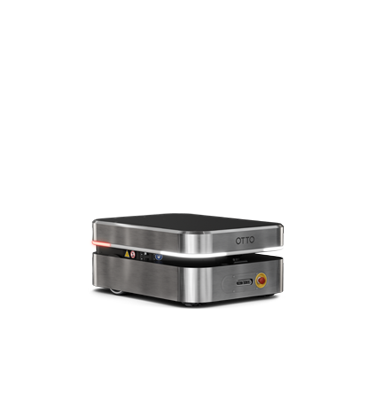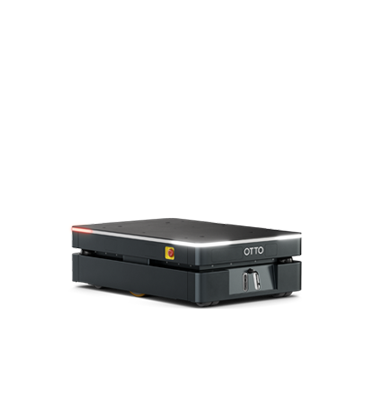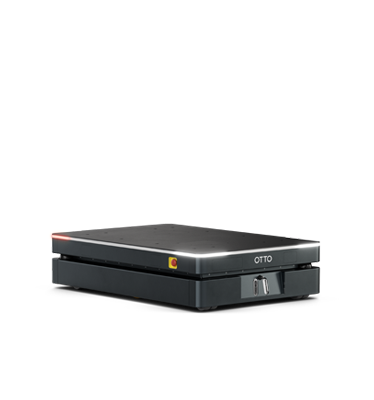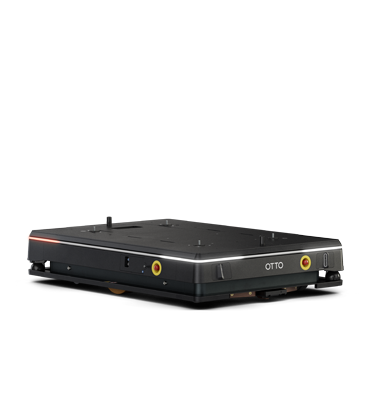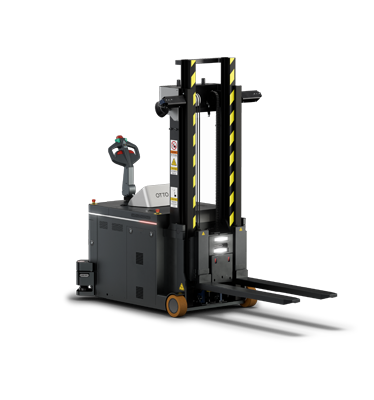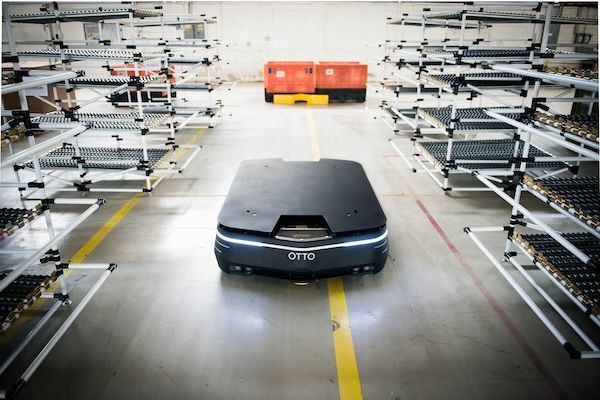Blog
Industry 4.0 ushers in a new era of manufacturing intelligence

Industry 4.0 may be in its infancy but there remain plenty of advances on the horizon, many of which are related to manufacturing intelligence. Manufacturers are currently deploying Industry 4.0 and the Internet of Things technologies to track assets, perform preventative maintenance, unify control rooms and measure operational efficiency and companies are beginning to see their investments in these technologies pay off. According to a 2014 Tata Consultancy survey, manufacturers that deployed IoT solutions saw a 28.5% increase in revenues over the prior year.
For manufacturers, Industry 4.0 technologies, including Internet of Things-enabled equipment, deliver manufacturing intelligence where data from the entire supply chain and the plant-floor are connected in real-time, visible to workers and other systems. Increasing rates of technology adoption also suggest that most factories are in a disruption cycle or anticipate one in the near future. The scale at which disruption occurs threatens to transform the sector as a whole and break down barriers to entry.
Disrupting industry with manufacturing intelligence

Photo credit: Business Insider. Source of information: BI Intelligence Estimates, 2015
Business Insider estimates that manufacturers worldwide are going to spend $70 billion on Industry 4.0 solutions in 2020, up from $29 billion in 2015. The consultancy PwC recently conducted a survey of US manufacturers to gather insight about their current activities and future plans with smart manufacturing and Industry 4.0. The results found that:
- 35% of manufacturers are collecting and using data generated by smart sensors to enhance manufacturing/operating processes.
- 34% say it is extremely critical that manufacturers adopt an IoT strategy in their operations, and
- 38% are embedding sensors in products that enable end-users/customers to collect sensor-generated data.
Foundations of an Industry 4.0 strategy
PwC’s survey concludes that data analytics and digital trust are the foundations of Industry 4.0. This means that the end-to-end digitization of all physical assets and integration into digital ecosystems with value chain partners, and the ability to generate, analyze and communicate data seamlessly, underpins gains promised by Industry 4.0 capabilities. This will result in key attributes of Industry 4.0, such as digitization and integration of vertical and horizontal value chains, digitization of product and service offering, and digital business models and customer access, coming to fruition.
The survey also indicates that greater investment in digitization and support for enterprise-wide integration will increase by 118% in 2020 in support of Industry 4.0. A third of survey respondents also indicate they have a high level of digitization today, but that is projected to increase to more than 70% by 2020. Leading areas of investment include vertical value chain integration (72%), product development and engineering (71%) and customer access, including sales channels and marketing (68%). Further, 83% say data will have a significant impact on decision-making activities within five years (only 50% are currently using data to drive decisions).
Deploying intelligent manufacturing analytics
Industrial sectors, including manufacturing, also suggest to go a step further, and use manufacturing intelligence as a way to track historical performance and make use of advanced techniques. These include machine learning and predictive algorithms to assess future outcomes, which deliver a strong upside to analytics and manufacturing intelligence.
PwC suggests manufacturing executives should consider investments in emerging technologies through three paths of analysis:
- Determine specific areas to improve in your organization, or what performance target a technology investment is trying to achieve.
- Understand how the new technologies will enable that level of performance—and weigh the value of achieving that performance against the cost of the technology.
- Understand operational and organizational implications of the technology and how it aligns with the factory of the future vision.
Industry 4.0 and the Internet of Things are far more than technology buzzwords; instead the possibilities of these technologies are almost impossible to imagine and overestimating their potential is difficult. But one thing is for sure: the move to smart manufacturing through Industry 4.0 is changing everything.
